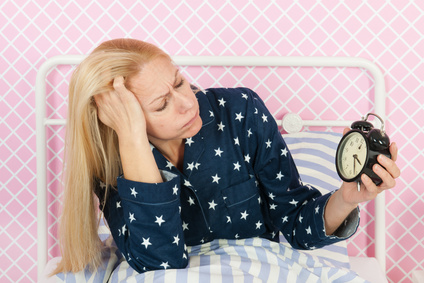People need 8 to 10 hours of sleep each night. In the past, it was believed that older individuals didn’t require as much sleep as the young, but research is proving that theory to be a myth.
Ironically, it seems that the more sleep we need, the less of it we get. Nothing demonstrates this more than the inability of many people to get a good night’s sleep, especially as they grow older.
In fact, the older a person is, the more likely it becomes that he or she will have difficulty falling asleep and staying asleep. Older people also tend to wake up earlier.
On average, people who are 70 or older get one full hour less sleep each night than those who are in their 20s.
This is apparently due to changes that occur in the brain as we age.
According to a new study published in the journal “Brain,” it has to do with a decline in the number of neurons, which are the nerve cells that carry messages from the brain to the rest of the body.
The fewer neurons there are in your brain, the more fragmented your sleep will be.
In addition, as people get older they are more likely to develop health problems that can rob them of sleep. These include:
- Chronic obstructive pulmonary disease (COPD)
- Gastroesophageal reflux disease (GERD)
- Fibromyalgia
- Restless leg syndrome
- Diabetes
- Kidney failure
- Asthma
- Autoimmune diseases
Menopause, with its accompanying hot flashes and decreased hormone levels, can cause sleep disruption as well.
If you have any of these conditions and are having trouble sleeping, check with your doctor about treatments that can help.

